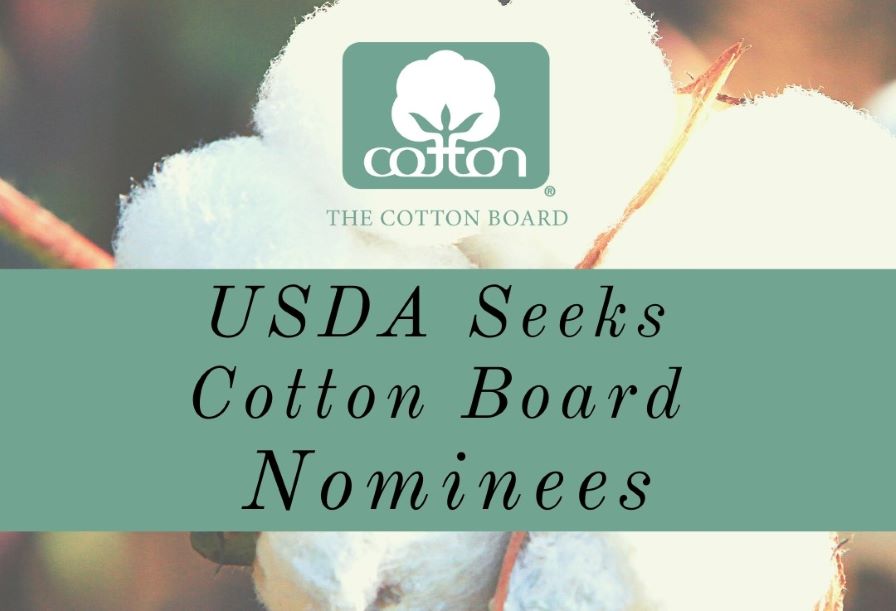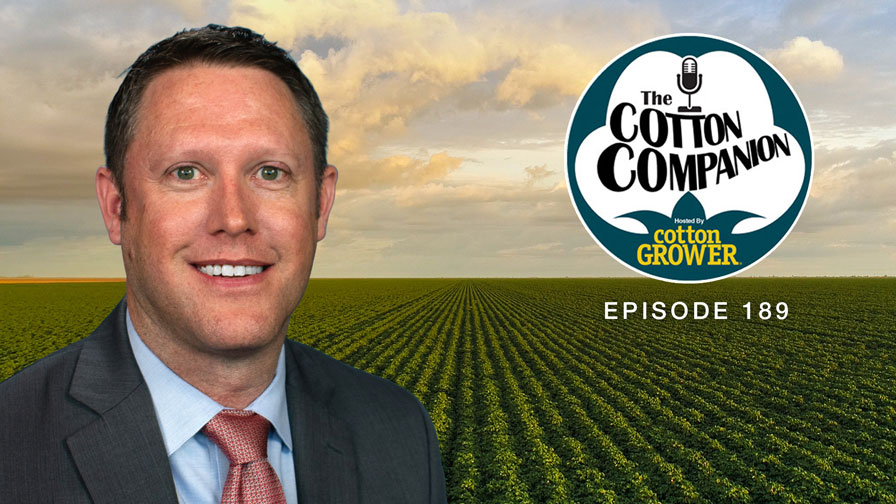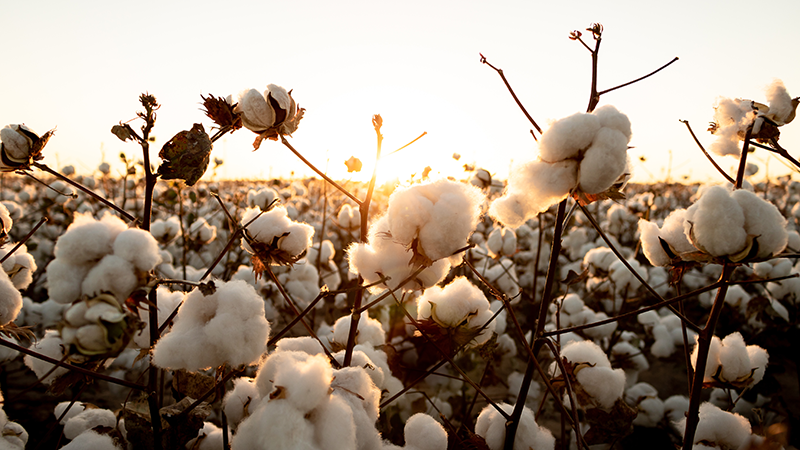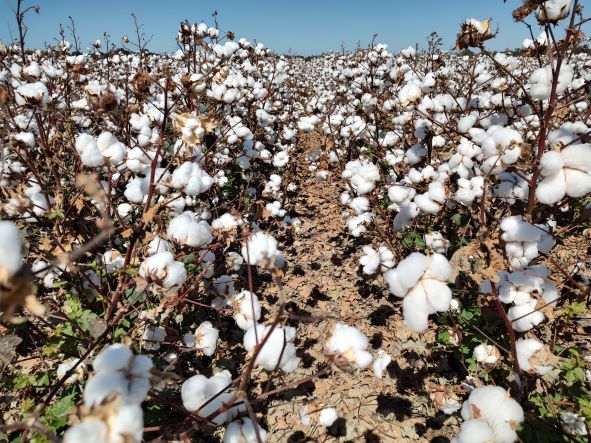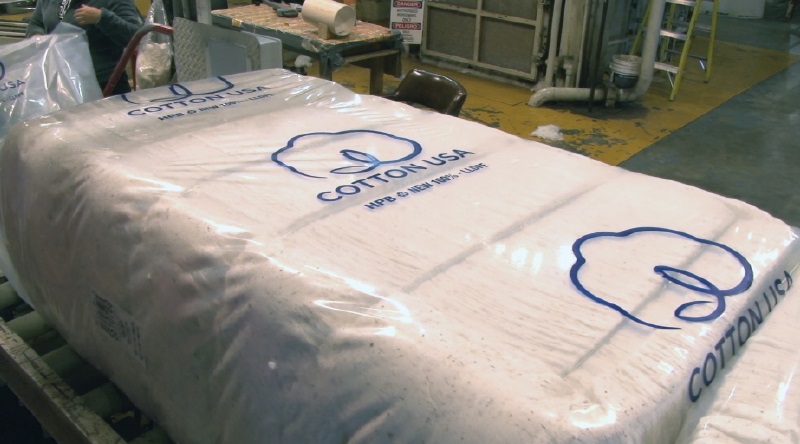International Students Converge On Memphis for ACSA Cotton School
The Commercial-Appeal
Memphis, TN
“We want to be sensible in our buying. That’s why I’m here,” said Amit Argarwal, who works for Singapore-based weaver and dyer Olam International.
The 39 students in the room were from 16 countries and had gathered to learn about cotton export documentation, a facet of the real insider stuff that makes the global cotton trade tick.
The students were part of the American Cotton Shippers Association International Cotton Institute, an eight-week “field-to-fabric” residential program that teaches the basics of the cotton industry.
“We’re trying to get everyone speaking the same trade language,” said Bill Griffin, an ACSA member and the institute’s program director. “And that actually eases trade around the world.”
Wednesday’s class was complex but quick-paced and filled with jargon on international shipping standards and practices.
The students quietly took notes, soaking up the knowledge and being disturbed only a few times with chuckles from insider jokes about Chinese import/export standards.
At the end of class, the students applauded the guest speaker from Cargill’s cotton division and Griffin reminded them of an upcoming test. Yes, there are tests. Griffin said it’s the only way to really gauge what the students learned.
While the class dispersed for lunch, student Serhat Ozcicek brought Griffin a folded piece of paper, a cotton trade order from his team. Six-student teams were given $100,000 in imaginary dollars to be invested in the cotton futures market. Ozcicek’s team made $30,000 last week and had already made $25,000 by Wednesday.
“I want to have more cotton knowledge in the U.S. so I can apply it back in Turkey to the family business,” Ozcicek said of Ozcicek Tekstil, his family’s 40-year cotton-spinning business.
Amit Argarwal works for Singapore-based weaver and dyer Olam International. He considers Memphis the center of the cotton industry but said as far as cotton fiber is concerned, “I’m in kindergarten but I’m learning.”
He took special note of the exercise in the future’s market.
“That is the one thing our company needs to learn because we don’t want to gamble,” Argarwal said. “We want to be sensible in our buying. That’s why I’m here.”
Ashok Charles is a New Zealander working for Hong Kong-based weavers Winnitex Group. He said the institute has given him the opportunity to meet people from all parts of the world and all parts of the cotton supply chain from growers, to buyers, merchants, brokers and agents.
“We have some guys from China who make strategy decisions for the government,” he said. “So, I am meeting them and trying to understand what they are thinking and how they are looking to go ahead. (The institute) has given me some really good global perspective.”
(Story found in original context here.)




